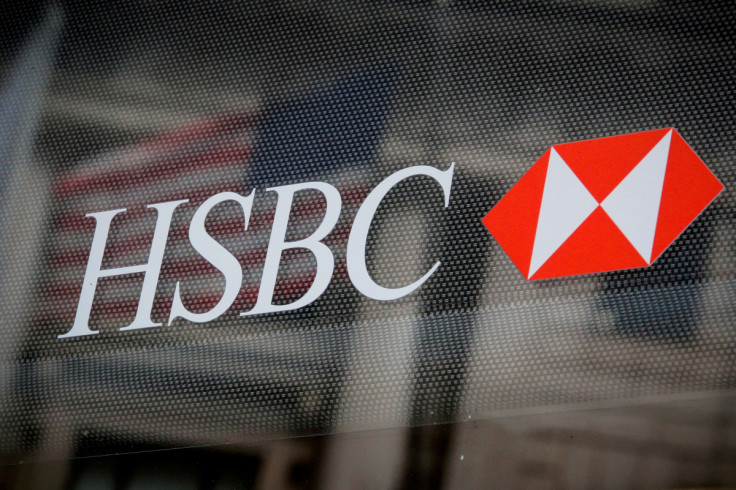Work From Home? Say Goodbye To Your Bonus, HSBC Warns 23,000 Employees
HSBC links office attendance to bonuses, signalling a stricter hybrid work policy.

If you're one of HSBC's 23,000 UK-based retail or commercial banking employees, chances are you've received a message this week that's impossible to ignore. On 21 May 2025, the banking giant issued a stark warning: fail to turn up at the office for at least three days a week, and your annual bonus could take a hit.
A memo circulated internally outlined that employees who do not meet the 60% in-office threshold will be marked down in performance reviews—directly impacting year-end variable pay. From September, line managers will begin receiving monthly attendance data to monitor exactly who's coming in, who isn't, and who's putting their bonus at risk.
Return of the Office? Welcome Back to 'Presenteeism'
This isn't just HSBC going it alone. Over the past year, companies like JP Morgan, Goldman Sachs and Amazon have rolled back the freedoms that defined pandemic-era work life. The message from the top: remote work is fine—just not at the expense of culture, innovation, or leadership visibility.
At HSBC, this marks a stricter interpretation of its hybrid working policy introduced in 2023, which advised staff to spend at least 60% of their time in the office or with clients. This latest move ups the stakes: now, your pay depends on it.
Behind the carefully worded policy lies a broader shift in tone. The age of total flexibility appears to be drawing to a close—especially in the financial sector.
Mixed Reactions from the Inside
Not everyone is thrilled. One HSBC employee based in Birmingham called the policy 'a subtle punishment wrapped in performance metrics'. Others see the logic.
'I get it,' said a Canary Wharf-based mid-level manager. 'We need to train junior staff. That's tough to do on Teams. But it's still a big shift, and people will feel it.'
While the policy stops short of mandating full-time office attendance, linking bonuses to desk presence effectively nudges staff back in without issuing direct orders.
What's Really at Stake for Employees?
Bonuses matter—a lot. For many in banking, variable pay can represent 10–40% of total income. Losing even a portion of that hits harder than most formal reprimands.
But there's more at risk than just money. Some staff worry about being sidelined from key decisions, left off important calls, or forgotten when promotions are handed out. Visibility, perception, and presence—those less tangible currencies of career growth—may be harder to maintain from home.
Zoom Fatigue vs Office Revival: The Bigger Picture
As of late 2024, around 28% of UK workers were still in hybrid roles. Flexible working has been praised for improving mental health and productivity, but its wider impact has been mixed. Government initiatives promoting local co-working and remote hubs have struggled to gain traction. Meanwhile, city centres—once hollowed out by lockdown—are showing signs of revival, prompting some firms to re-centralise their operations.
Why HSBC's Policy Could Set a Precedent
As one of Britain's biggest employers, HSBC's decisions carry weight. If its in-office push boosts productivity or team cohesion—or simply doesn't drive people to quit—it could become a template for others to follow. After all, tying pay to performance is hardly new in management circles.
But there's a delicate balance. For companies that have spent years branding themselves as flexible, transparent and employee-first, any sudden shift back to rigid expectations risks alienating the very people they fought to attract—particularly younger staff who prioritise autonomy and work-life balance.
What's Next for Workers?
For now, HSBC employees are being asked to adapt again. Whether for clearer communication, stronger mentorship, or more oversight, the message is unmistakable: coming to the office is no longer optional. It's business-critical—and it's tied directly to your compensation.
© Copyright IBTimes 2025. All rights reserved.





















